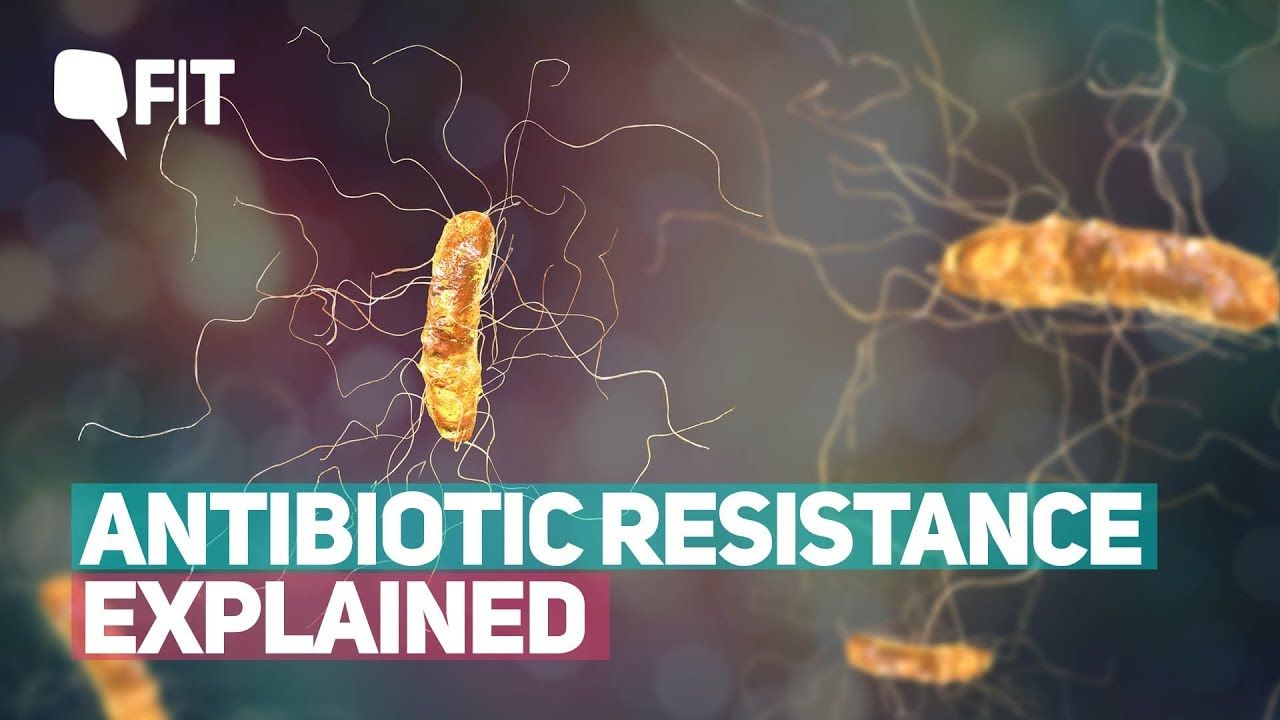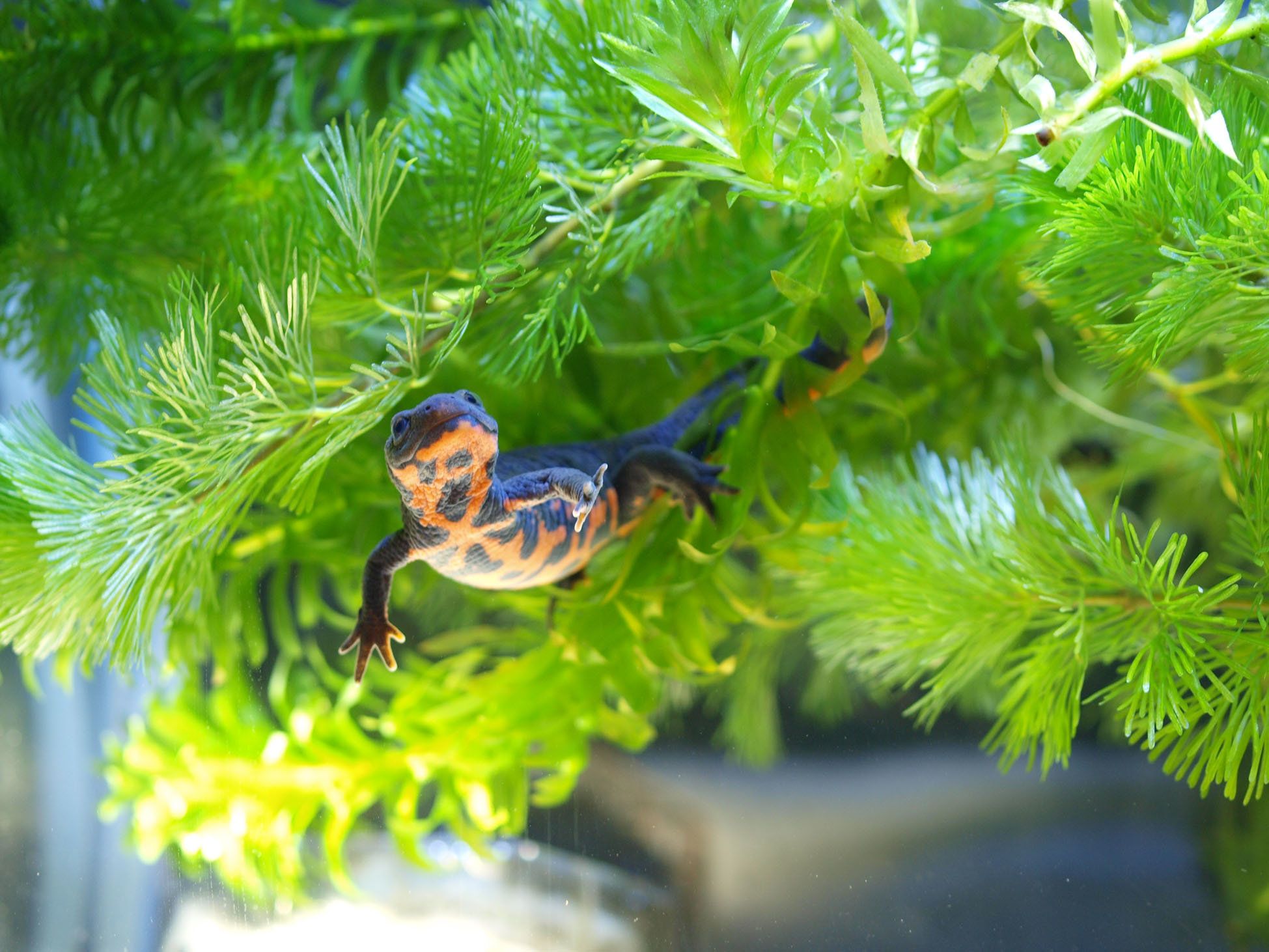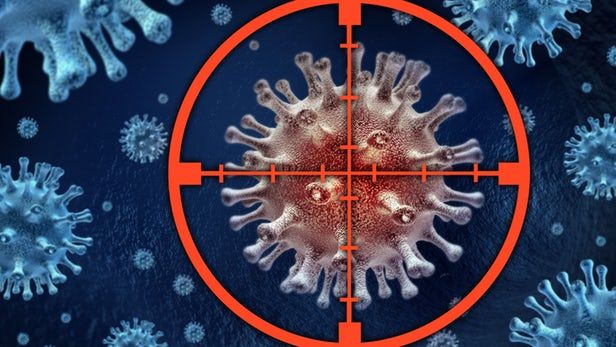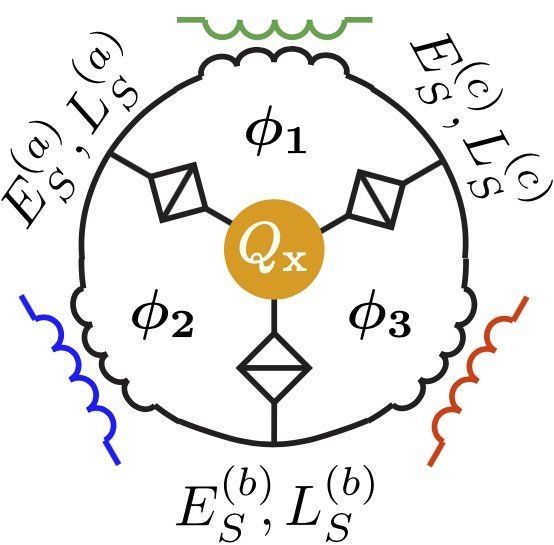Page 8832
Jun 5, 2018
Mitochondrial dysfunction in aged brain cells
Posted by Nicola Bagalà in categories: biotech/medical, life extension, neuroscience
New research on brain ageing and mitochondria from Salk Institute.
Thanks to a new technique, researchers from the Salk Institute’s Gage laboratory have shown that impaired energy production might be a reason why human brains are susceptible to age-related diseases in the first place [1].
In particular, Salk scientists observed that induced neurons (iNs) obtained from fibroblasts of older individuals had dysfunctional mitochondria and therefore decreased energy levels compared to younger neurons. Out-of-shape mitochondria have previously been implicated in degenerative brain diseases, such as Alzheimer’s and Parkinson’s, and this finding might help reveal more about the connection between these diseases and this particular hallmark of aging.
Continue reading “Mitochondrial dysfunction in aged brain cells” »
Jun 5, 2018
Novel gene in red blood cells may help adult newts regenerate limbs
Posted by Genevieve Klien in category: biotech/medical
Newts are the only four-legged vertebrates that can regenerate their body parts, even as adults. When a newt loses a limb, a mass of cells called a blastema is generated at the stump, from which a new, fully functional limb is eventually regenerated. Can this remarkable ability be explained by genes shared by vertebrates, including humans, or by unique genes that the newt may have evolved?
In a study published in Scientific Reports, researchers at several Japanese universities, including the University of Tsukuba, and the University of Dayton, report the discovery of a novel gene, Newtic1, from the blastema of an adult newt. This gene is expressed in a subset of red blood cells and may contribute to limb regeneration in adult newts. Red blood cells, or erythrocytes, function to deliver oxygen around an animal’s body. Unlike the other cells in the mammalian body, the erythrocytes lack nuclei, allowing them to carry more oxygen and squeeze into fine blood vessels. In the newt and most other non-mammalian species, however, these cells contain a nucleus. Other than oxygen delivery, the function of these nucleated cells is unknown. This study provides, for the first time, an insight into the roles of these nucleated cells.
In the study, the researchers constructed a database of all the protein-coding genes from the Japanese fire-bellied newt that had been reported in the Japan newt research community. This database contained DNA sequence information of genes from 19 different tissues, including different regenerating organs and limb blastemas. To identify genes related to limb regeneration, they used statistical analyses to look for genes whose expression was increased in association with the formation of the limb blastema. From 694,138 sequences, they found 105,464 expressed in the limb blastema. Further screening of these sequences resulted in the identification of a single gene which was named Newtic1. Its existence in newt tissues was confirmed using both DNA- and protein-based methods. Similar genes exist in axolotl and another newt species, but not in any other species.
Jun 5, 2018
The Antibiotic Resistance Crisis is worsening
Posted by Genevieve Klien in category: biotech/medical

A shortage of antibiotics is causing doctors to prescribe incorrect antibiotics for certain infections. That, in turn, is allowing antibiotic resistant organisms to develop defenses and some of those may no longer be treatable with antibiotics.
Kelsey-Seybold doctor Shane Magee says there are lots of drug shortages.
Continue reading “The Antibiotic Resistance Crisis is worsening” »
Jun 5, 2018
Can You Actually Hack Your DNA to Slow Down Aging? — Bioquark Inc. — Ira Pastor
Posted by Ira S. Pastor in categories: aging, biotech/medical, DNA, genetics, health, innovation, life extension, neuroscience, science, transhumanism
http://www.thepathmag.com/can-you-actually-hack-your-dna-to-slow-down-aging/
Many technologies / interventions progressing down the development pathways in the coming years — but there are a lot of free, common sense adjustments you can make today:
Tags: anti-aging, bioquark, biotech, health, immortality, lifespan, longevity, wellness
Jun 5, 2018
Bioquark Inc. — Healthy Relationship Talk Radio — Ira Pastor
Posted by Ira S. Pastor in categories: aging, bioengineering, biotech/medical, cryonics, disruptive technology, DNA, futurism, genetics, health, life extension
Jun 5, 2018
Bioquark Inc. — Free Your Mind Podcast — Ira Pastor
Posted by Ira S. Pastor in categories: aging, biotech/medical, business, DNA, education, finance, futurism, health, life extension, neuroscience
Tags: Alzheimer's, anti-aging, bioquark, biotech, cancer, diabetes, Entrepreneur, health, lifespan, superlongevity, wellness
Jun 5, 2018
Milestone immunotherapy treatment cures terminal breast cancer patient
Posted by Genevieve Klien in category: biotech/medical
A recently published case study from an ongoing clinical trial has revealed an experimental immunotherapy treatment has cured a breast cancer patient. The 49-year-old patient with advanced breast cancer was given three months to live before enrolling into the trial. Within weeks her tumors had disappeared and 22 months later she is still in complete remission.
The treatment being trialed is a modified form of what is called adoptive immunotherapy. The technique generally works by harvesting a person’s immune cells. Once collected, the cells are armed with cancer-recognizing molecules so that when they are reintroduced into the patient’s body they can home in on the tumors and kill them off.
This form of immunotherapy has frustratingly been inconsistent in early clinical trials, working well with some patients on certain cancers but proving less effective on others. In particular, the treatment hasn’t been hugely successful in treating common epithelial cancers. These cancers tend to harbor lower levels of mutations that are fundamental to programming the immune cells to hit their targets.
Jun 5, 2018
Doctors hail world first as woman’s advanced breast cancer is eradicated
Posted by Genevieve Klien in category: biotech/medical
Immune cells from the woman’s own body used to wipe out tumours.
Mon 4 Jun 2018 11.00 EDT Last modified on Mon 4 Jun 2018 19.55 EDT.
Continue reading “Doctors hail world first as woman’s advanced breast cancer is eradicated” »
Jun 4, 2018
Best of last week: Flux capacitor invented, a better 3D printer and the true benefits of vitamins
Posted by Shane Hinshaw in categories: 3D printing, biological, cosmology, genetics, health, quantum physics, space travel
It was a good week for physics as a team with members from Australia and Switzerland invented a flux capacitor able to break time-reversal symmetry. They proposed a device based on quantum tunneling of magnetic flux around a capacitor. And another team with members from across the U.S. reported on a gravitational wave event that likely signaled the creation of a black hole—the merger of two neutron stars.
In biology news, a team of engineers led by Sinisa Vukelic invented a noninvasive technique to correct vision. Like LASIK, it uses lasers but is non-surgical and has few side-effects. And an international team of researchers found what they describe as the mother of all lizards in the Italian Alps, the oldest known lizard fossil, from approximately 240 million years ago. Also, a team at the University of Sydney found that walking faster could make you live longer. People do not even need to walk more, the team reported, they just need to pick up the pace of their normal stride to see an improvement in several health factors. And a team from Cal Poly Pomona discovered how microbes survive clean rooms and contaminate spacecraft—and it involved the cleaning agents themselves.
In other news, a team of researchers from the University of California and the University of Southern Queensland announced that they had identified 121 giant planets that may have habitable moons. And a team at Stanford University found that wars and clan structure might explain a strange biological event that occurred 7,000 years ago—male genetic diversity appeared to collapse for a time. Also, a team of researchers from MIT and Harvard University report the development of a 3D printer that can print data sets as physical objects—offering far more realistic, nearly true-color renderings.















